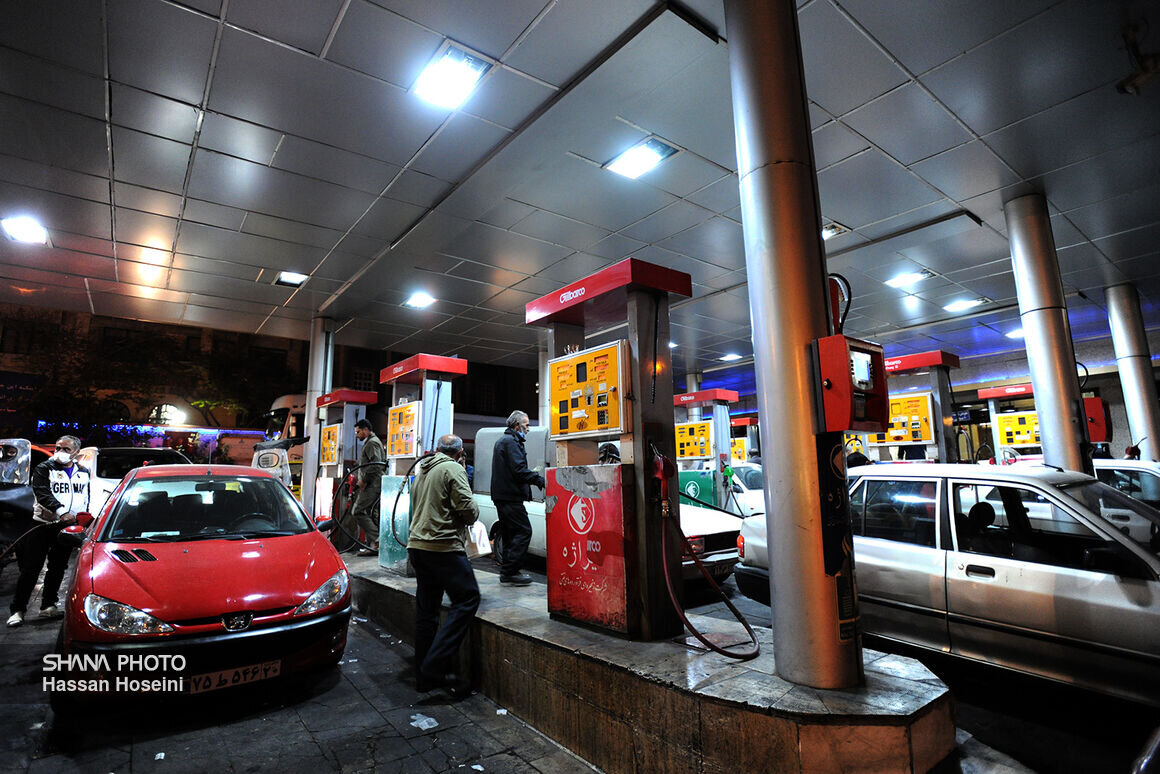Keramat Veys-Karami, speaking on Tuesday on the sidelines of a ceremony marking the launch of various fuel diversification projects, addressed reporters, saying that after a two-year hiatus due to liquidity shortages and unpaid contractor fees for converting single-fuel vehicles to dual-fuel systems, the company has now settled the accounts of conversion companies using allocated gas credits.
He announced that the process of converting public single-fuel gasoline vehicles to dual-fuel systems officially began today. Owners of public single-fuel gasoline vehicles, including taxis, pick-ups, and private or ride-hailing passenger vehicles, can register on the Gcr.niopdc.ir platform.
After necessary evaluations, eligible vehicles will be identified and scheduled for conversion at workshops. Currently, seven companies across the country are actively converting single-fuel gasoline fleets to dual-fuel systems.
Approval for 50 CNG stations in Sistan and Baluchestan
Veys-Karami added that under a contract, Iran Khodro will produce and deliver 45,000 dual-fuel taxis in the first phase.
Additionally, Zamyad Automotive has joined the dual-fuel vehicle production initiative, signing a contract to convert 30,000 heavy vans at the factory level.
He noted that 12 CNG stations were inaugurated in several provinces today, bringing the total number of CNG stations nationwide to 2,600, with 93 more under construction.
Five CNG stations have already been launched in Sistan and Baluchestan, and five more are expected to be operational by the end of the year. Furthermore, permits have been issued for 50 additional CNG stations in the province, with 16 new pieces of equipment allocated for these stations.
Unprecedented liquid fuel allocation to power plants
Veys-Karami emphasized that 108 tank replacement workshops are currently operational across the country. The Ministry of Interior has identified 18,000 taxis with expired tanks requiring replacement, and 8,300 of these have already been replaced.
He stressed that adherence to CNG station operation standards and transportation fleet regulations would prevent accidents, noting that most incidents result from improper and non-standard modifications by vehicle owners.
Regarding the Nowruz gasoline quota, Veys-Karami reiterated that the quotas will remain unchanged and that sufficient gasoline reserves have been secured for the holidays.
He also highlighted that the amount of liquid fuel allocated to power plants in the winter of 2024 was unprecedented. On average, 50 million liters of gas oil were to be delivered daily to power plants, as per mandated requirements.
This winter, however, liquid fuel deliveries exceeded the target, with an average of 50 million liters per day in Azar, 54 million liters per day in Dey, and around 52 million liters per day from the beginning of Bahman (January 20) to date.


Your Comment